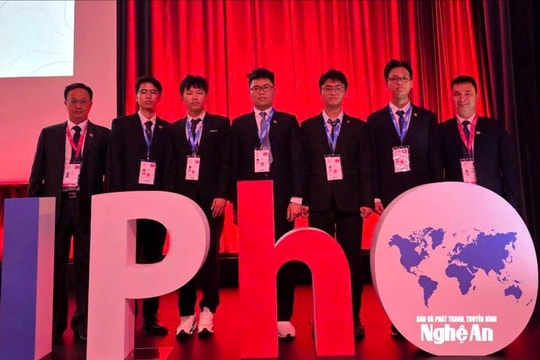7 advanced technologies to be used at the 2020 Tokyo Olympics
Although the 2020 Olympics in Tokyo are still 4 years away, host country Japan has already begun preparing to host the biggest sporting event on the planet and it is predicted that this will be the Olympics equipped with the most advanced technology in history.
Below are 7 technologies that are being prepared for use at the upcoming Olympics and surely, this number will increase in the coming time.
Hydrogen fuel cell vehicles used to transport athletes
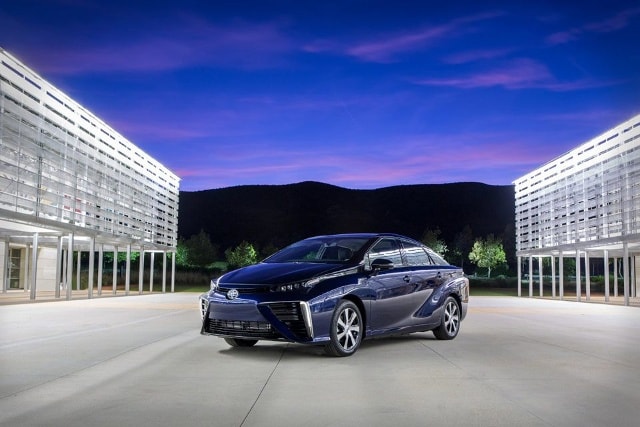 |
This technology has been invested in and developed by many car manufacturers around the world. Of course, that list cannot be without Toyota from Japan with the Mirai model using hydrogen fuel cells. Cars running on hydrogen fuel are said to have a longer range than conventional batteries, but due to the infrastructure required (hydrogen supply stations), some opinions have been skeptical about the feasibility of this technology. And to bring hydrogen cars to serve this Olympics, the Japanese government had to set up fuel supply stations along the planned route to pick up and drop off athletes.
Visitors will be able to take self-driving taxis.
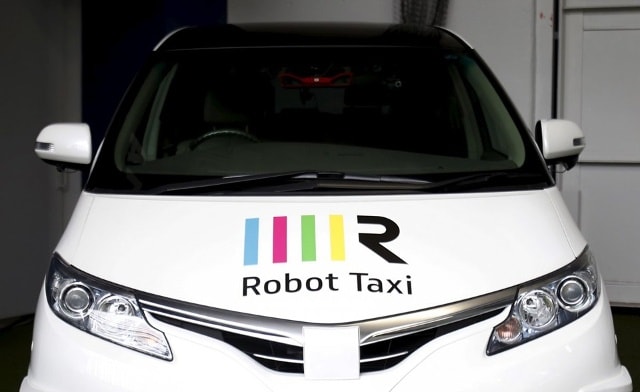 |
According to the plan, starting this year, Japan will deploy projects on self-driving taxi services with the hope of officially commercializing them widely in 2020, right on the occasion of the Tokyo Olympics, and thus, visitors will have the opportunity to use this type of high-tech service. Currently, RoboCab taxis have been tested for the first time in the Kanagawa district, south of Tokyo. Only 50 people are allowed to try self-driving taxis for daily travel needs, such as going to the market within a range of about 3 km. A company called Robot Taxi has also been established, expected to equip a fleet of Toyota Estima self-driving technology cars to serve tourists in 2020.
"Electronic ticket" in the form of a bracelet when entering the stadium
 |
The Japanese government plans to use the Wonder Japan Pass - a form of electronic ticket for spectators who want to visit the sports venue. The Wonder Japan Pass is shaped like a small card or wearable device. Visitors will use it as a ticket to enter the stadium, use other services and even hotel rooms. On the other hand, this card can also integrate many other services, including payment, entertainment, ...
Stadium security guards will use facial recognition technology to identify visitors.
 |
After scanning the card or wearable device to enter the stadium gate, a facial recognition camera system will be used to identify the user again before they enter the seat. It is known that Japan has been deploying facial recognition technology in public places such as subways, airports, ... and certainly, it will be put into service at an important event like the Olympics.
Smartphone application helps guide tourists in 10 different languages
 |
Not only does this application guide visitors in the competition areas, find seats, restrooms, etc., but it also provides many other instructions on competition schedules, results, directions, and much more information.
The security system includes tens of thousands of cameras and sensors.
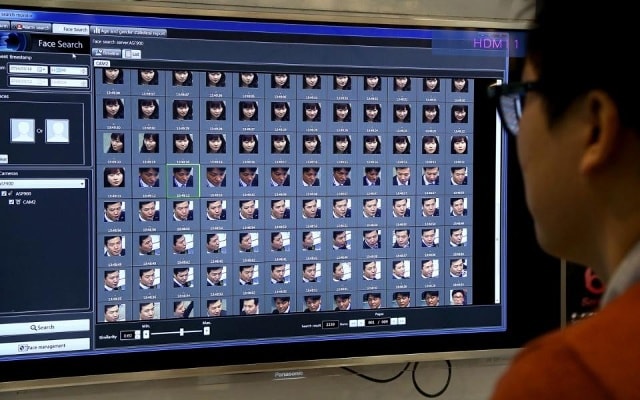 |
Panasonic Electronics Corporation is starting to upgrade and install tens of thousands of surveillance cameras, along with many smart sensors to support security work during the Olympics. At the same time, there will be a fleet of drones with cameras continuously operating in the competition area to support observation, enhance management and security protection. An artificial intelligence software system is also expected to be applied to monitor cameras, detect suspicious behavior and have timely prevention solutions.
Create artificial meteor showers
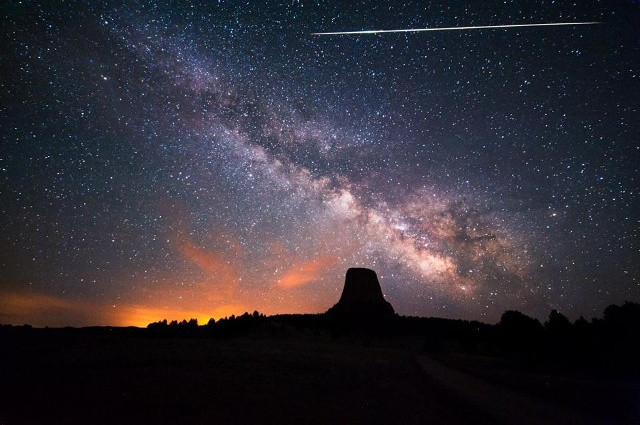 |
Fireworks are becoming obsolete, and for the 2020 Olympics, a group of space entertainment startups, ALE, wants to launch satellites 80 kilometers above Earth and fire flares down to Earth. As they descend, the balls will collide with the air and burn up in the sky, creating an effect similar to a meteor shower. Such a display is expected to cost around $9 million, and ALE is looking for sponsors for the idea. If all goes well, the experiment will be launched in 2018. "The artificial meteor shower will not only serve entertainment purposes, but also serve as a tool to support atmospheric observation," said Hironori Sahara, an aerospace engineer at ALE.
According to Khoahoc.tv
| RELATED NEWS |
|---|



.jpg)



